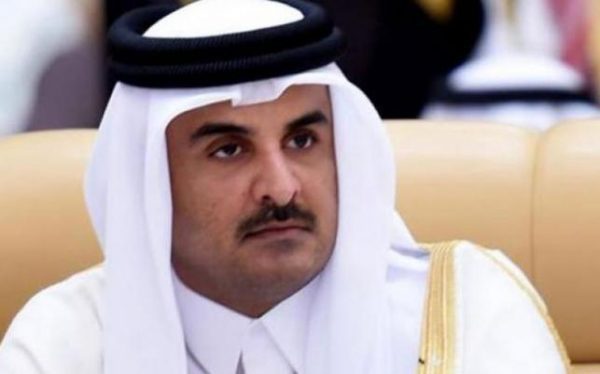
By Irina Slav
Qatar will leave the Organization of Petroleum Exporting Countries as of next month, its energy minister told media today, adding that the decision was part of a long-term strategy for growing its international presence on energy markets with a focus on gas.
Qatar is the world’s largest exporter of liquefied natural gas, but it has Australia breathing down its neck as well as emerging competition from the United States and other, smaller, producers.
“Qatar has decided to withdraw its membership form OPEC effective January 2019 and this decision was communicated to OPEC this morning,” Saad al-Kaabi said, as quoted by Reuters, at a news conference. He said the decision had been hard to make since Qatar had been a member of the cartel for almost six decades, but it had very little influence on OPEC decisions. Qatar produces about 600,000 bpd, which ranks it among the smaller OPEC producers.
While the minister said the decision to quit had no relation to a Saudi-led blockade by neighbors Qatar has been subjected to for a year and a half now, tense relations with the biggest producer in the region must have had an effect on the final decision.
The group that initiated the blockade, which also includes Egypt, the UAE, and Bahrain, accused Qatar of supporting terrorist groups and being too close to Iran. Qatar has denied the accusations and launched counter-accusations against the leader, Saudi Arabia, of trying for a regime change in the Gulf state.
Qatar has plans to boost its liquefied natural gas production to as much as 100 million tons annually, from a current rate of 77 million tons. It exports gas at a daily rate of about 11 billion cu ft and accounts for almost a third of the global LNG market. The country’s proven gas reserves are estimated at 880 trillion cu ft.
Oil Price

Leave a Reply
You must be logged in to post a comment.